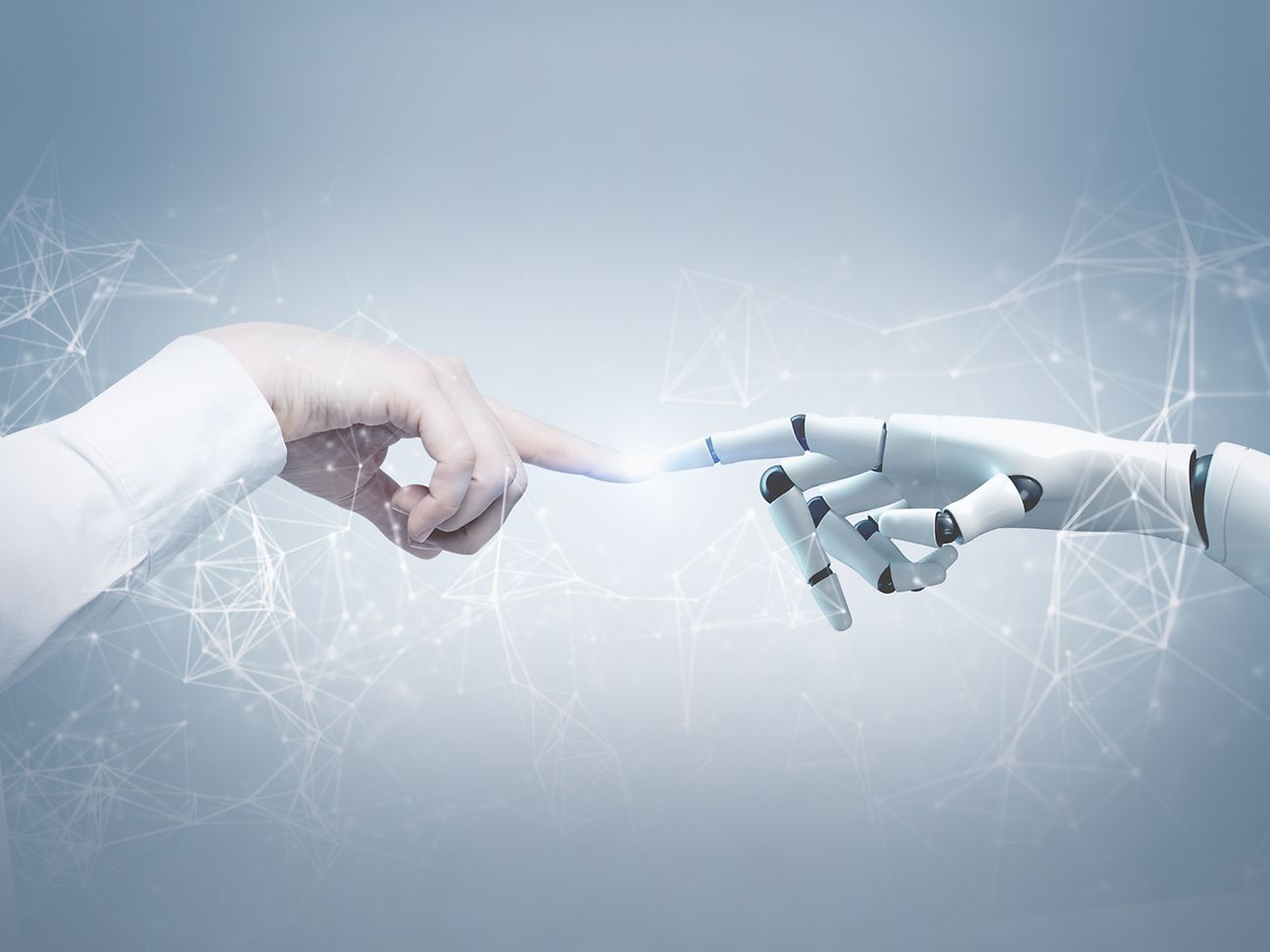

High insurance costs for analoge drivers?
Video-Interview with Michael Decker, Professor of Technology Assessment of the Karlsruhe Institute for Technology (KIT).
Future mobility won't come about all at once. Instead, we will have a certain transition period, in which there will be self-driving cars, but we will also have regular cars with drivers behind the wheel. How will this interaction affect normal drivers?
Michael Decker: As I see it, that's one of the most exciting issues involved with autonomous driving, because this transition period will take quite a while. Whether it will be friendly coexistence or will pit one side against the other: we're really interested in seeing how that will turn out. On one hand, when autonomous vehicles are on the road, the analog drivers – as you put it – will have to get used to them at first. On the other hand, this acclimatization phase could also mean that the analog drivers quickly learn that the autonomous vehicles drive relatively defensively. That means they are typically designed to keep a safe distance and follow speed limits. Analog drivers, at least those who are a bit more ambitious, could take advantage of this, because they could worry less about cutting off autonomous cars, because they can be sure that they'll brake for them. This combination and how we deal with it effectively, how analog and autonomous cars deal with one another even in heavy urban traffic – I think that's one of the most challenging issues for the future.
How do you think insurance premiums will be affected when someone says, "But I still want to drive the car myself"?
Michael Decker: That will definitely require adjustments, in both directions. We will likely have different damage situations as a result of autonomous vehicles. Compared to today's accidents, they might even seem unbelievable, making you scratch your head and ask, "How did that happen?" Conversely, it also means that the risks stemming from human drivers will have to be reassessed. The insurance system will typically take a broad approach at first and then, ultimately, develop ever more detailed risk formats.
What about our relationship with cars? Will everyone still have their own cars or will we move more toward car-sharing?
Michael Decker: As I see it, that's more of a question of culture, in Germany at least. We're at a car museum today, so you can see a number of examples that show how our cars are much more than just a means of transportation. That means cars that provide their own drive – it's an "auto"-mobile after all – will be around for a long time to come. And when they start driving autonomously, maybe part of the attraction, which we also associate with prestige today, might be lost. After all, these cars will probably all travel at the same speed, in convoys, and will likely have very similar exteriors. That makes it an interesting question of culture for me: what will change or what other prestige object might take the place of the car in our cultures?
How do you think our cities will be affected? Will there be changes?
Michael Decker: Yes, Germany's cities have been highly optimized for car traffic today. If we want to capture the full benefits of autonomous systems, then we'll need extended sensor systems at crossroads, for example; the popular "looking around the corner" feature of autonomous vehicles could be controlled by that or through car-to-car communication. That alone will change our cities. But they could also be changed dramatically in that we need less space for parking. The vehicles could either be on the move elsewhere, if we imagine a car-sharing model, or they can go park somewhere else, in a more neutral spot. And that would change our cities dramatically, if we could repurpose the space currently used for parking. Those are just two examples.


